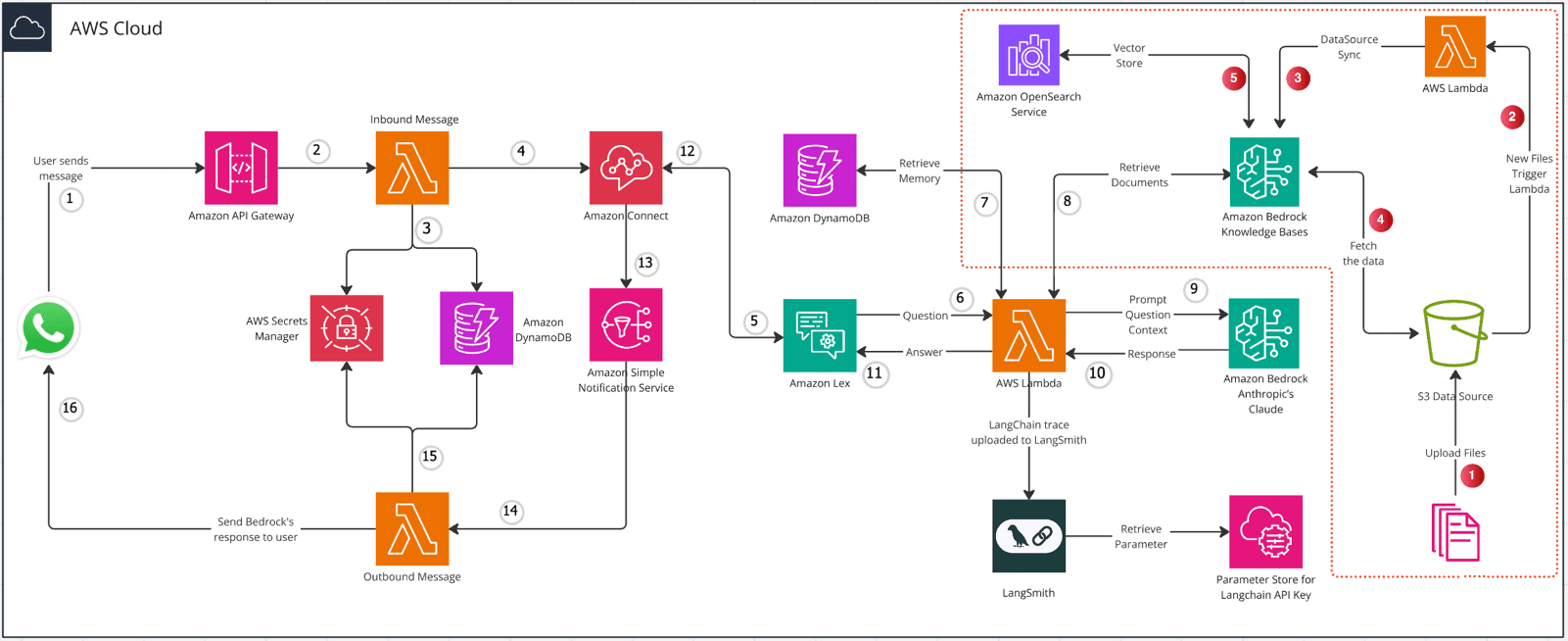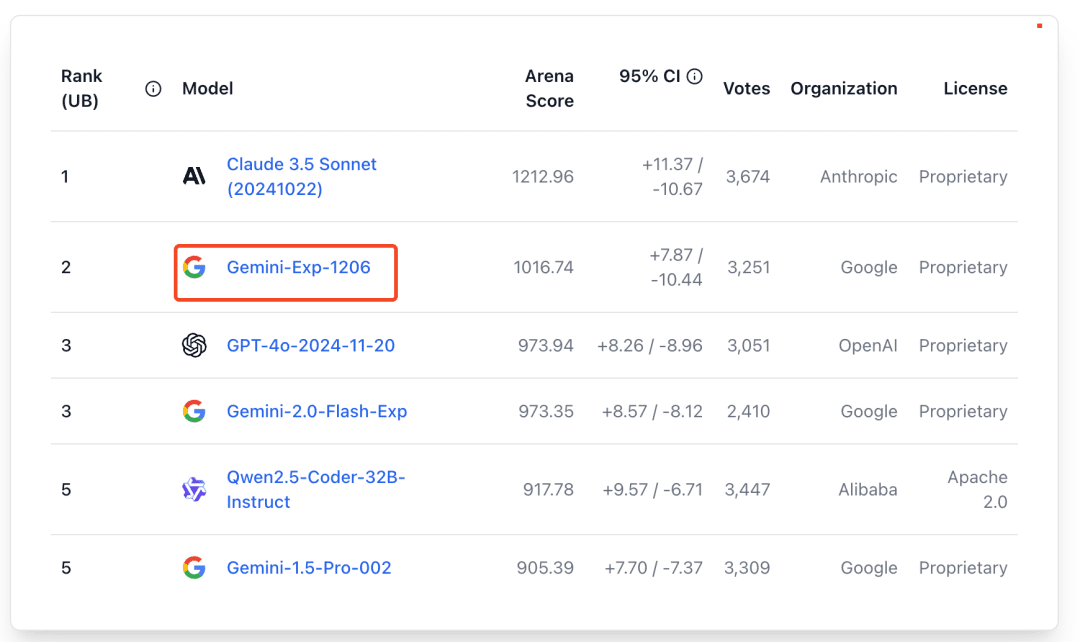Implementing a Local Agent with Ollama+LangChain
summary
ReAct (Reasoning and Acting) is a framework that combines reasoning and action to enhance the performance of intelligences in complex tasks. The framework enables intelligences to accomplish tasks more effectively in dynamic environments by tightly integrating logical reasoning with practical action.

Source:ReAct: Reasoning and Action Working Together in Large Language Models
This document describes how to use the ReAct The framework is in Ollama The local agent (Agent) is implemented in ReAct. By combining the power of Ollama with the flexibility of ReAct, users are able to create an efficient interactive agent in their local environment. This implementation is capable of handling complex tasks, supports multiple interaction modes, and optimizes task automation and user experience for local applications requiring high real-time performance.
Note: This document contains core code snippets and detailed explanations. The full code can be found at notebook The
1. Importing dependencies
from langchain_core.tools import tool
from langchain.pydantic_v1 import BaseModel, Field
from langchain_core.tools import render_text_description
from langchain.agents import AgentExecutor, create_react_agent
from langchain import hub
from langchain_community.chat_models import ChatOllama
2. Initialize the Agent tool
define SearchInput class inheritance BaseModel, which is used to define the mode of the input data.
@tool(args_schema=SearchInput) Decorating with tool decorators weather_forecast function and specify its input mode as SearchInputThe
class SearchInput(BaseModel):
location: str = Field(description="location to search for") # 定义一个 Pydantic 模型,用于描述输入模式,并提供描述信息
@tool(args_schema=SearchInput)
def weather_forecast(location: str):
"""天气预报工具。"""
print(f"Weather for {location}") # 打印要预报天气的位置
return f"A dummy forecast for {location}" # 返回给定位置的虚拟天气预报
3. Local operation
In this example use gemma:2b models, the output can be very different for different types of models (more randomness).
llm = ChatOllama(model="gemma:2b") # 初始化 ChatOllama 模型,使用 "gemma:2b"
tools = [weather_forecast] # 使用 weather_forecast 工具
prompt = hub.pull("hwchase17/react-json") # 从 hub 拉取特定提示
prompt = prompt.partial(
tools=render_text_description(tools), # 为提示呈现工具的文本描述
tool_names=", ".join([t.name for t in tools]), # 将工具名称连接成一个以逗号分隔的字符串
)
agent = create_react_agent(llm, tools, prompt) # 使用 llm、工具和自定义提示创建代理
agent_executor = AgentExecutor(agent=agent, tools=tools, handle_parsing_errors=True, verbose=False, format="json") # 使用指定参数初始化 AgentExecutor
print(agent_executor.invoke({"input":"What is the weather in Paris?"})) # 使用测试输入调用代理并打印结果
Using Conversation History
When using the dialog history, you need to use the react-chat Prompt template. At invoke time, add the chat_historyThe
# 拉去特定提示,注意此处使用的是 react-chat
prompt = hub.pull("hwchase17/react-chat")
# 构建 ReAct agent
agent_history = create_react_agent(llm, tools, prompt)
agent_executor = AgentExecutor(agent=agent_history, tools=tools, verbose=False)
agent_executor.invoke(
{
"input": "what's my name? Only use a tool if needed, otherwise respond with Final Answer",
"chat_history": "Human: Hi! My name is Bob\nAI: Hello Bob! Nice to meet you",
}
)
bibliography
https://react-lm.github.io/
https://python.langchain.com/v0.1/docs/modules/agents/agent_types/react/
© Copyright notes
Article copyright AI Sharing Circle All, please do not reproduce without permission.
Related posts

No comments...




